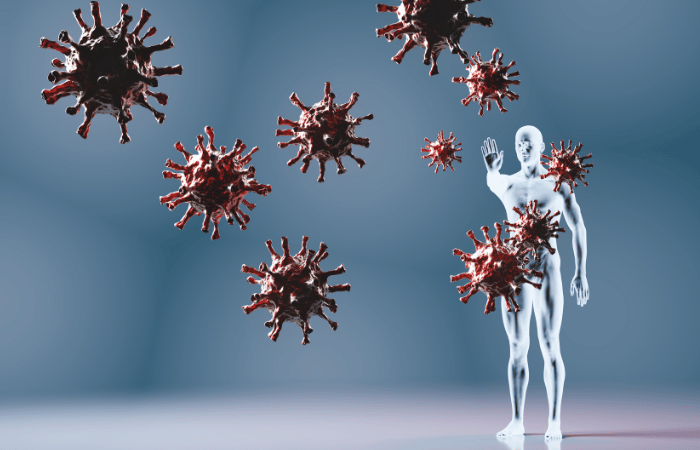May 2023: For adult patients with high-grade B-cell lymphoma (HGBL), not otherwise specified (NOS), or diffuse large B-cell lymphoma (DLBCL) who have not previously received treatment and who have an International Prognostic Index (IPI) score of 2 or higher, the Food and Drug Administration has approved polatuzumab vedotin-piiq (Polivy, Genentech, Inc.).
The POLARIX (NCT03274492) trial, which included 879 patients with previously untreated large B-cell lymphoma and an IPI score of 2–5, served as the foundation for the approval. The trial assessed the superiority of replacing vincristine in the R-CHOP regimen (rituximab, cyclophosphamide, doxorubicin, vincristine, and prednisone) with polatuzumab vedotin. For six 21-day cycles, patients were randomly assigned (1:1) to receive either polatuzumab vedotin plus R-CHP (pola + R-CHP) or R-CHOP. Both arms then received two more cycles of rituximab alone. The most common diagnoses were HGBL (11%), NOS (84%) and de novo DLBCL.
The investigator-assessed progression-free survival (PFS) was used to determine effectiveness. PFS in the pola + R-CHP arm was statistically substantially longer, with a hazard ratio (HR) of 0.73 (95% CI: 0.57, 0.95; p = 0.0177). Modified event-free survival was significantly improved in this arm (HR 0.75; 95% CI: 0.58, 0.96; p=0.0244). In the final analysis, there was no discernible change in the complete response rate or overall survival (HR 0.94; 95% CI: 0.67, 1.33).
Aside from laboratory abnormalities, peripheral neuropathy, nausea, fatigue, diarrhoea, constipation, alopecia, and mucositis were the most frequent adverse reactions with pola + R-CHP (20%). Lymphopenia, neutropenia, hyperuricemia, and anaemia were grade 3 to 4 laboratory abnormalities (10%). In 53% of patients, peripheral neuropathy either formed or got worse, and in 58% of patients, it got better after a median of 4 months. 34% of patients experienced serious adverse events, including pneumonia and febrile neutropenia.
In conjunction with R-CHP, the recommended dosage of polatuzumab vedotin is 1.8 mg/kg administered intravenously every 21 days for six cycles. Antihistamine, antipyretic, and prophylactic granulocyte colony-stimulating factor administration to patients is advised.


